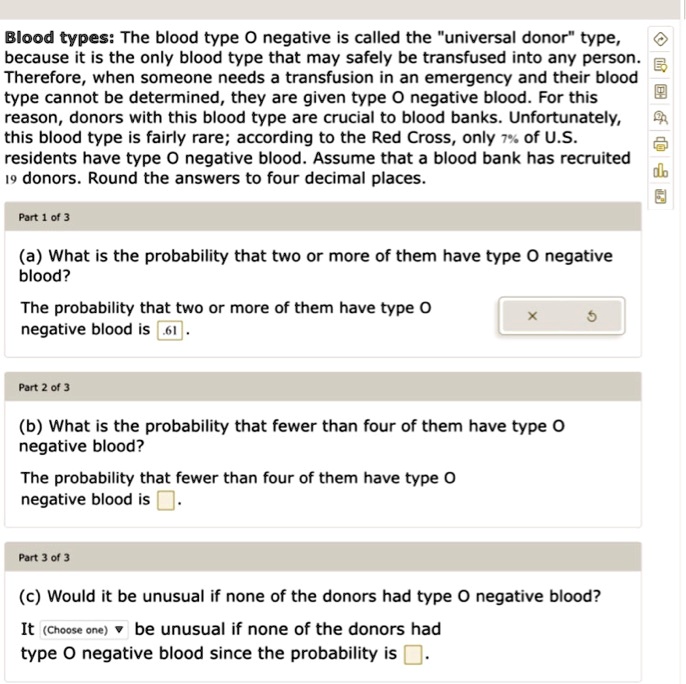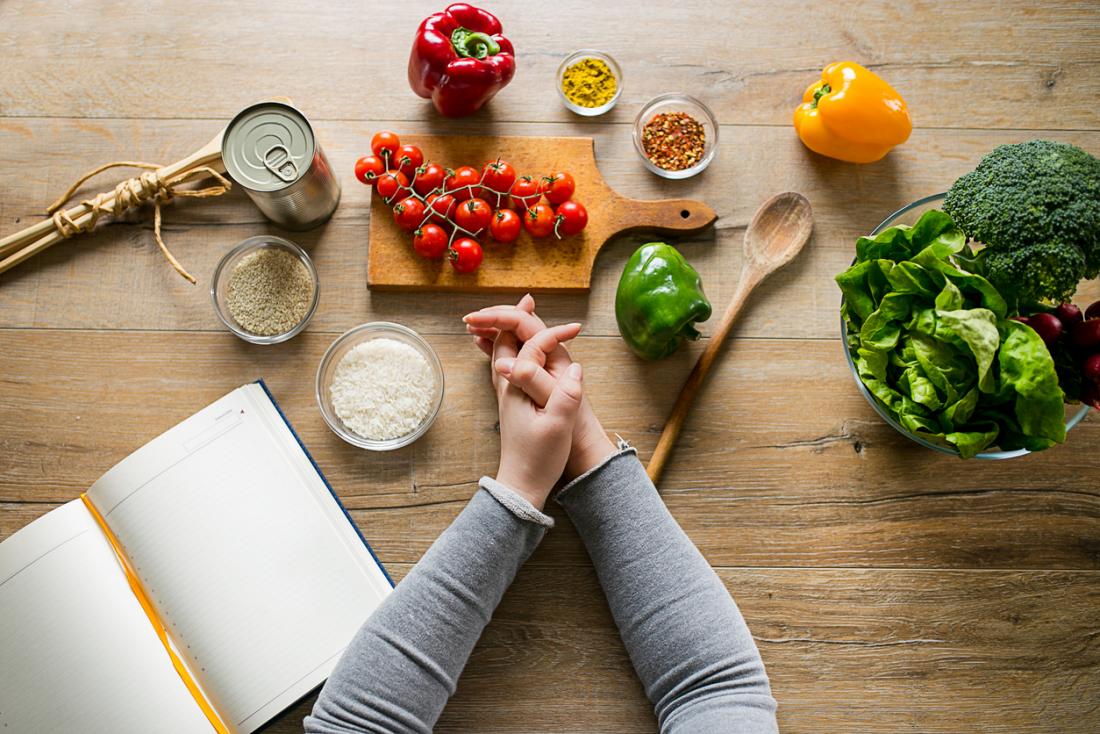

However, they did not find strong evidence for a relationship between blood group and risk of intubation or death.īoth of these studies were posted to the MedRxiv website, where researchers share preliminary, unpublished data, before it has undergone peer review. While the distribution of blood types is different in New York City than in Wuhan and Shenzhen, after controlling for other risk factors, they found that individuals with Type A blood were 34 percent more likely to test positive for the coronavirus, while having Type O or AB blood was associated with a lower probability of testing positive.

In April, researchers at Columbia University reported similar risks associated with Type A blood after blood-typing more than 1,500 New Yorkers and testing them for COVID-19. Individuals with Type A blood type also represented a higher percentage of patients who succumbed to the illness - 41 percent versus 25 percent for Type O. The risk for individuals for Type O blood appeared to be significantly lower, just 26 percent of the cases versus 34 percent of the healthy control group. They observed that individuals with Type A blood appeared to be at significantly higher risk of contracting the virus - constituting nearly 38 percent of the ill patients, compared with the 31 percent of healthy individuals with this blood type. The first hint of a possible relationship came in March, from researchers in China, who compared nearly 2,200 hospitalized COVID-19 patients to a control group of approximately 27,000 healthy individuals. The question of a possible relationship between blood type and disease risk has been a topic of active research since early in the pandemic. Is this true? And would my blood type be part of my record at MIT Medical - maybe from lab work I’ve had done in the past? If so, how can I get that information? My understanding is that people with Type O blood are less susceptible than people with other blood types. I have read that people with certain blood types are more susceptible to contracting COVID-19. Got a question about COVID-19? Send it to us at and we’ll do our best to provide an answer. THOUGH THE SDSAB DOES ITS BEST, THESE COLUMNS ARE EDITED BY ED ZOTTI, NOT CECIL, SO ACCURACYWISE YOU'D BETTER KEEP YOUR FINGERS CROSSED.MIT Medical answers your COVID-19 questions. Send questions to Cecil via REPORTS ARE WRITTEN BY THE STRAIGHT DOPE SCIENCE ADVISORY BOARD, CECIL'S ONLINE AUXILIARY. Had your daughter been a B, you’d have had some explaining to do. So it was a 1-in-4 chance for your daughter to be type O–certainly not a rarity. And there was a 50% chance she’d get an A and an O (25% for getting an A from each of you), again making her blood type A. There was a 25% chance she’d get two O genes, making her blood type O. (This is the only way your daughter could end up with type O blood if one of you had two A genes, she could only have had blood type A.) Thus, there was a 25% chance your daughter would get two A genes, making her blood type A. Assuming the mailman wasn’t involved, the fact that both you and your husband are A and your daughter is an O means that both parents have one A gene and one O gene. The only way you can get type O is to have two O genes (because O is recessive). So while we don’t know exactly what your father’s blood type is, we’ve narrowed it down. Since your brother got his B gene from mom, he got his A gene from your father. This may make you Really Confused, but think about it a bit, it’ll come clear.) (As a B, she could only have given him a B or an O, and if he’d gotten an O he wouldn’t be an AB. Your mom is a B, so we know your brother got his B gene from her.


That means he got an A from one parent and a B from the other. With that in mind, we turn to your question, Confused. There are four possibilities: A, B, AB, and O. The combination of genes determines your blood type. You inherit one blood gene from your mother and one from your father. (I’m going to ignore the + and – part of this.) A and B are dominant, and O is recessive. There are three blood genes: A, B, and O. My husband wants to know why he and I both have blood type A and our biological daughter is an O. With that info can you determine my father's? She knows that her blood type is B+, and my brother's blood type is AB. He refuses to have his blood typed, but my mother would like to know what it is, just in case.


 0 kommentar(er)
0 kommentar(er)
